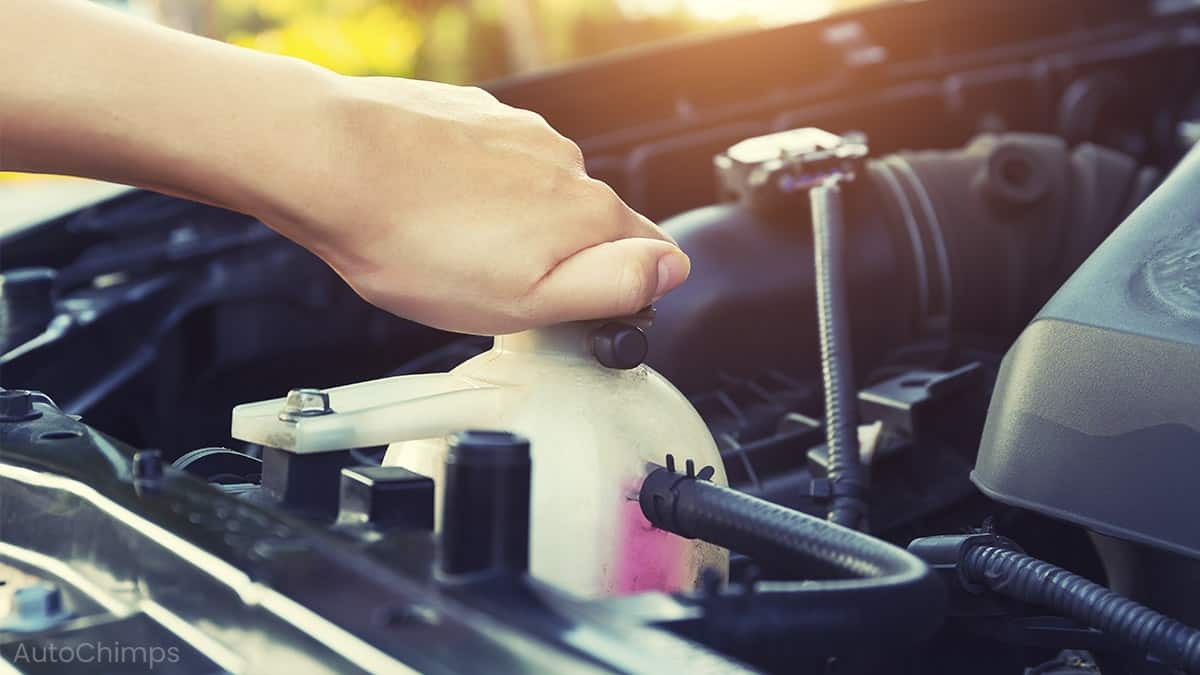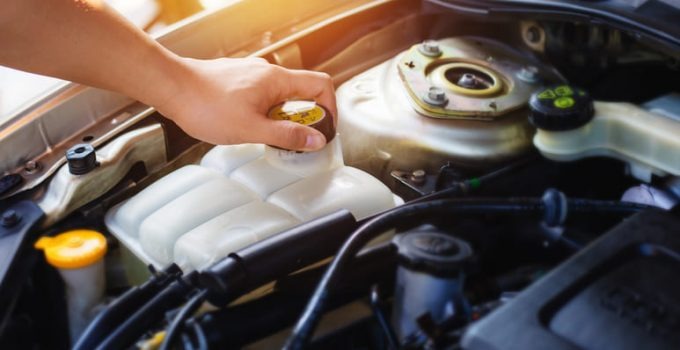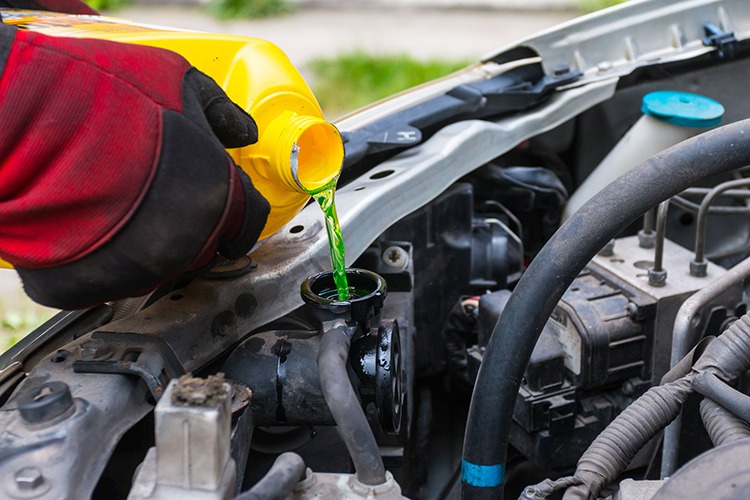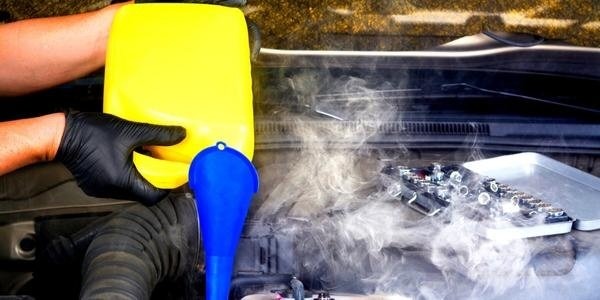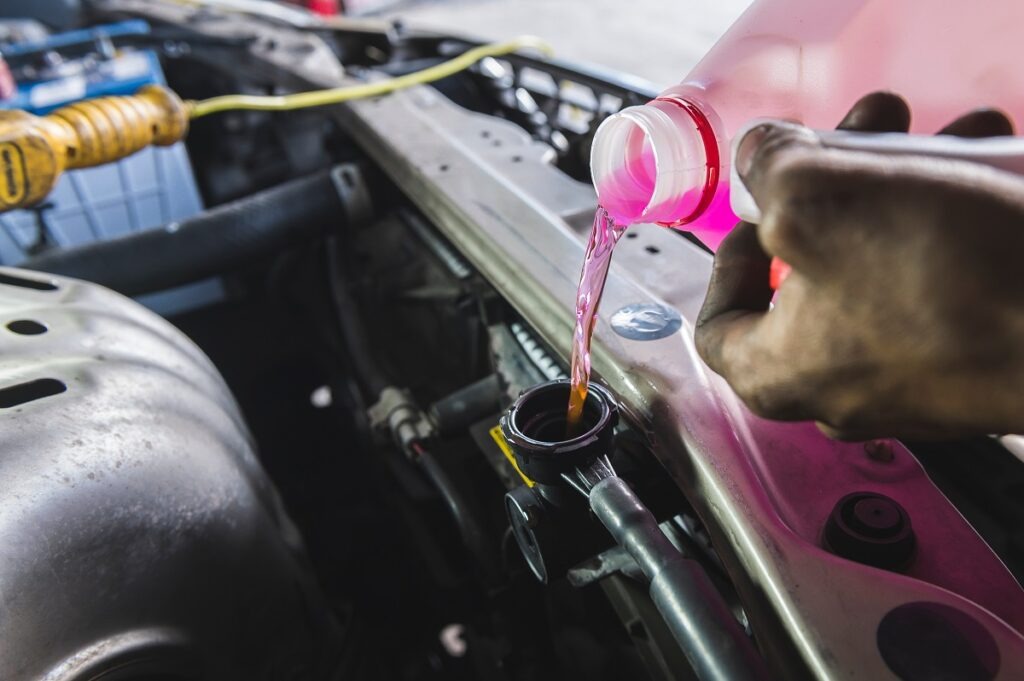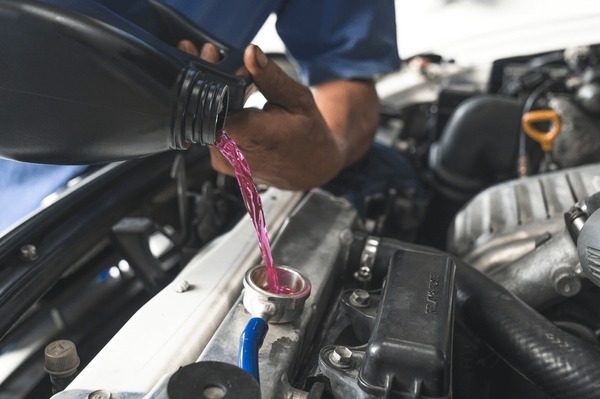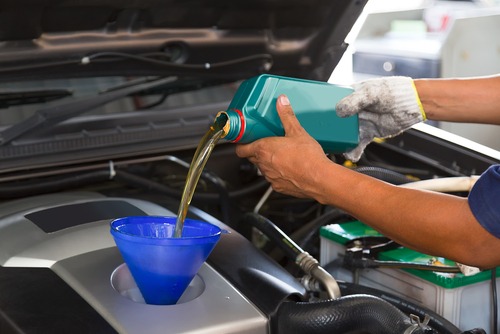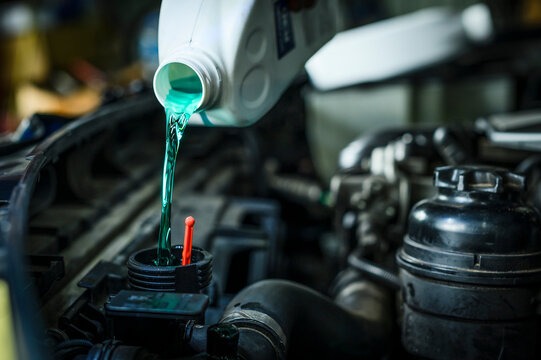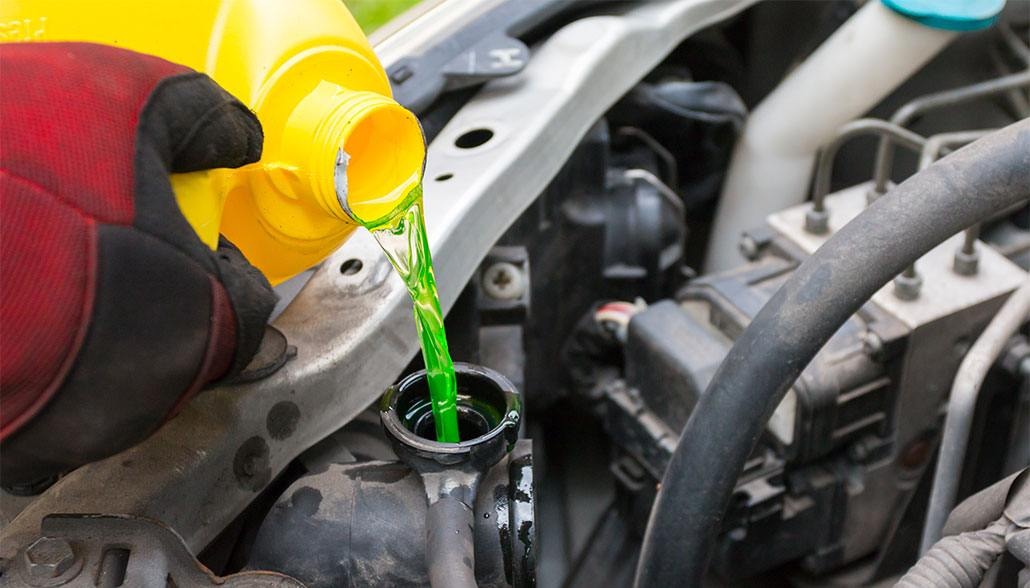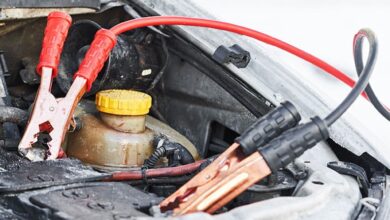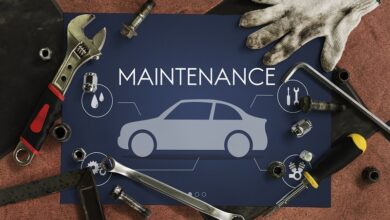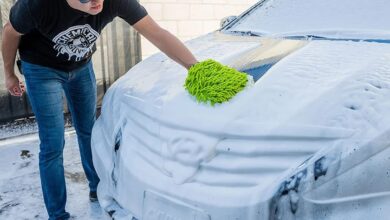Maintaining the Engine Cooling System: Causes and Solutions
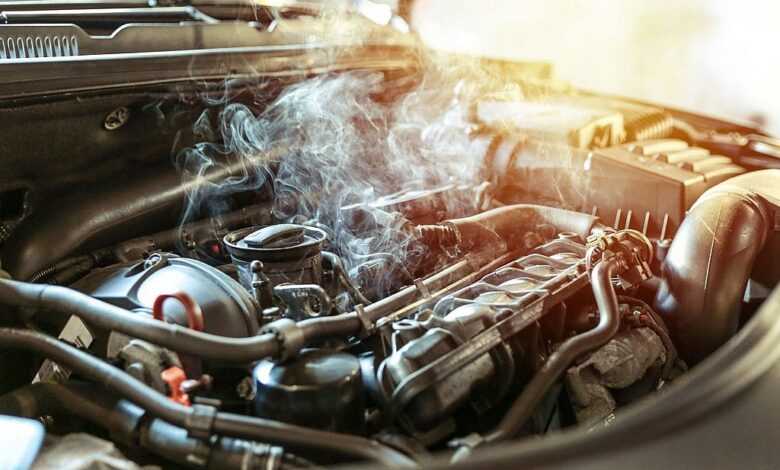
As automotive enthusiasts and everyday drivers alike can attest, the engine cooling system plays a critical role in the overall health and performance of a vehicle. Whether you’re navigating city streets or embarking on a cross-country journey, a well-maintained cooling system is essential to prevent overheating and ensure optimal engine functionality. In this article, we delve into the causes behind cooling system issues and explore effective solutions to keep your engine running smoothly. From identifying common culprits to implementing preventive measures, join us on a journey to understand the nuances of maintaining a robust engine cooling system and enhancing the longevity of your vehicle.
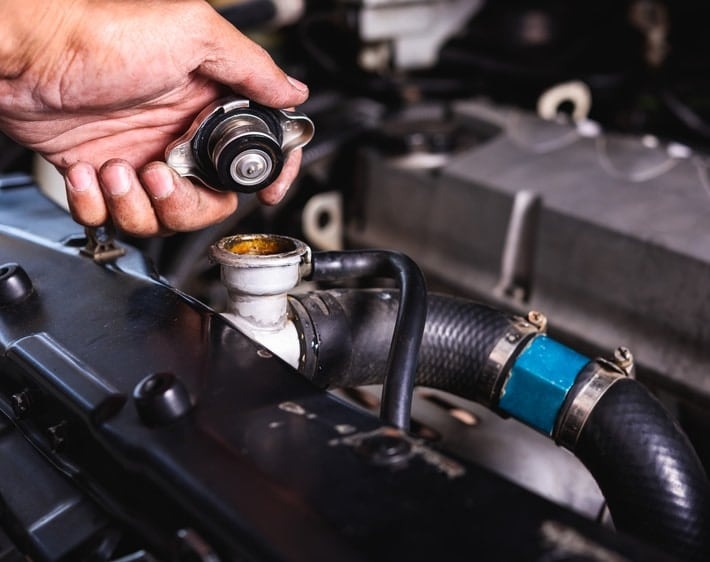
Contents
Understanding the Engine Cooling System
Before delving into the causes and solutions, it’s important to have a basic understanding of how the engine cooling system works. The cooling system consists of several components, including the radiator, water pump, thermostat, fan, and coolant. These components work together to regulate the engine’s temperature by circulating coolant through the engine and radiator.
Causes of Cooling System Issues
There are several factors that can contribute to cooling system problems. Let’s discuss some of the most common causes:
Leaks
Coolant leaks are one of the primary causes of cooling system issues. Leaks can occur in various areas, such as the radiator, hoses, water pump, or even the engine block itself. Over time, these leaks can cause a loss of coolant, leading to overheating and potential engine damage.
Blockages
Blockages within the cooling system can disrupt the flow of coolant, resulting in inadequate cooling. Common culprits include debris, rust, and mineral deposits that accumulate over time. These blockages restrict the flow of coolant and reduce its ability to absorb and dissipate heat effectively.
Malfunctioning Thermostat
The thermostat plays a crucial role in regulating the engine’s temperature. If it becomes stuck in either the open or closed position, it can disrupt the flow of coolant and result in overheating or insufficient cooling.
Fan Failure
The cooling fan is responsible for drawing air through the radiator to help cool the coolant. If the fan fails or operates at a reduced capacity, it can lead to inadequate cooling and potential overheating.
Contaminated Coolant
Over time, coolant can become contaminated with debris, rust particles, or air pockets. Contaminated coolant loses its ability to effectively regulate temperature and can cause corrosion within the cooling system components.
See more: Better Understand Automotive Transmission System and How to Maintain It
Solutions for Maintaining the Cooling System
Now that we have identified some common causes of cooling system issues, let’s explore solutions to help you maintain your vehicle’s cooling system:
Regular Inspections
Regular inspections are crucial for identifying potential issues before they escalate and cause major problems. Inspect the radiator, hoses, water pump, thermostat, and fan for any signs of leaks, damage, or wear. Additionally, check the coolant level and quality regularly.
Fixing Leaks
If you notice any coolant leaks, it’s important to address them promptly. Depending on the location and severity of the leak, you may need to replace a damaged hose or radiator, repair a faulty gasket, or seek professional assistance for more complex issues.
Flushing and Cleaning the Cooling System
Periodically flushing and cleaning the cooling system helps remove any debris, rust particles, or contaminants that may have accumulated over time. Flushing involves draining the old coolant and replacing it with fresh coolant, while cleaning may require using specialized cleaning agents or solutions to remove stubborn deposits.
Thermostat Replacement
If you suspect a malfunctioning thermostat is causing cooling system issues, consider replacing it with a new one. Consult your vehicle’s manual or seek professional advice to ensure you select the correct thermostat for your vehicle.
Fan Maintenance
Ensure that the cooling fan is functioning properly by inspecting it regularly for any signs of damage or wear. Clean any debris that may have accumulated on the fan blades and check that it spins freely when the engine is running. If necessary, replace a faulty fan to prevent overheating.
Coolant Replacement
Regularly replacing the coolant is essential for proper cooling system maintenance. Follow your vehicle manufacturer’s recommended intervals for coolant replacement and use the appropriate type of coolant specified for your vehicle.
Maintaining Proper Water-to-Coolant Ratio
Maintaining the correct water-to-coolant ratio is crucial for optimal cooling system performance. Use distilled water when mixing coolant to prevent mineral deposits and ensure proper heat transfer.
Signs of Cooling System Issues
To prevent extensive damage and costly repairs, it’s important to be aware of the warning signs that indicate cooling system problems:
- Engine overheating
- Coolant leaks under the vehicle
- Low coolant level
- Sweet smell coming from the engine compartment
- Engine running hotter than usual
- Dashboard warning lights indicating cooling system issues
If you notice any of these signs, take immediate action to diagnose and resolve the problem before further damage occurs.
Understanding the Causes and Solutions for Maintaining the Engine Cooling System
Maintaining a healthy engine cooling system is essential for prolonging your vehicle’s life and preventing costly repairs down the line. By understanding the causes of cooling system issues and implementing regular maintenance practices, you can keep your engine running smoothly and efficiently. Remember to inspect your cooling system regularly, address any leaks promptly, flush and clean the system periodically, replace faulty components when necessary, and follow recommended coolant replacement intervals. By following these guidelines, you’ll ensure optimal performance and reliability from your engine cooling system for years to come.
See more at: Topcarr

